
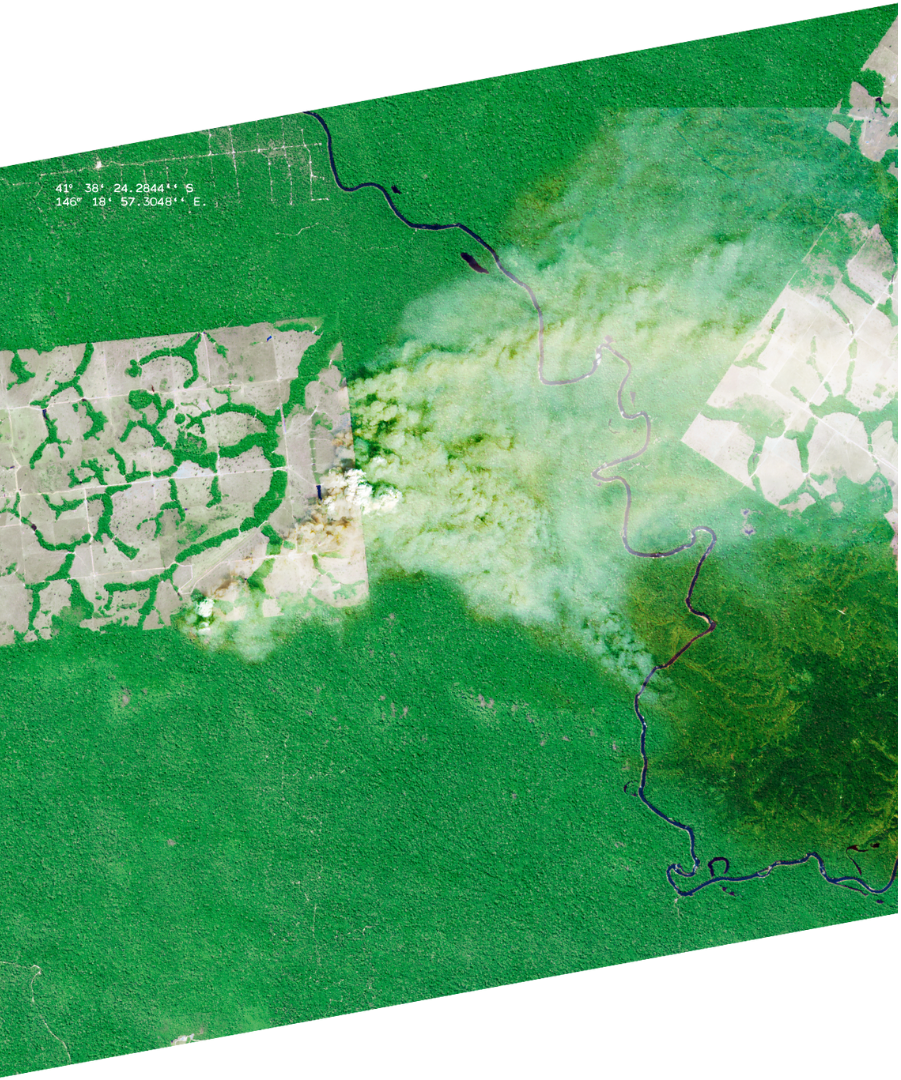

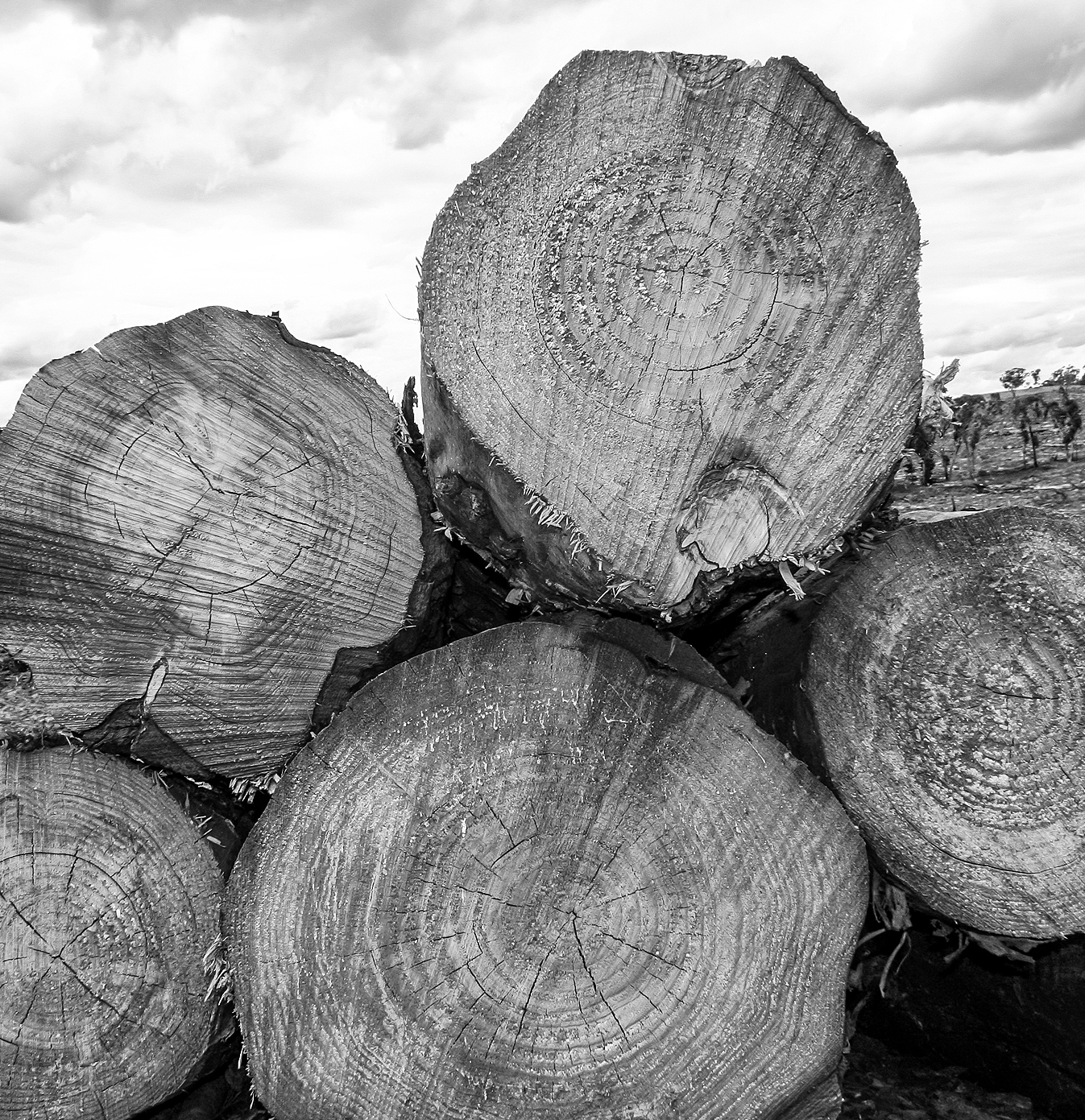

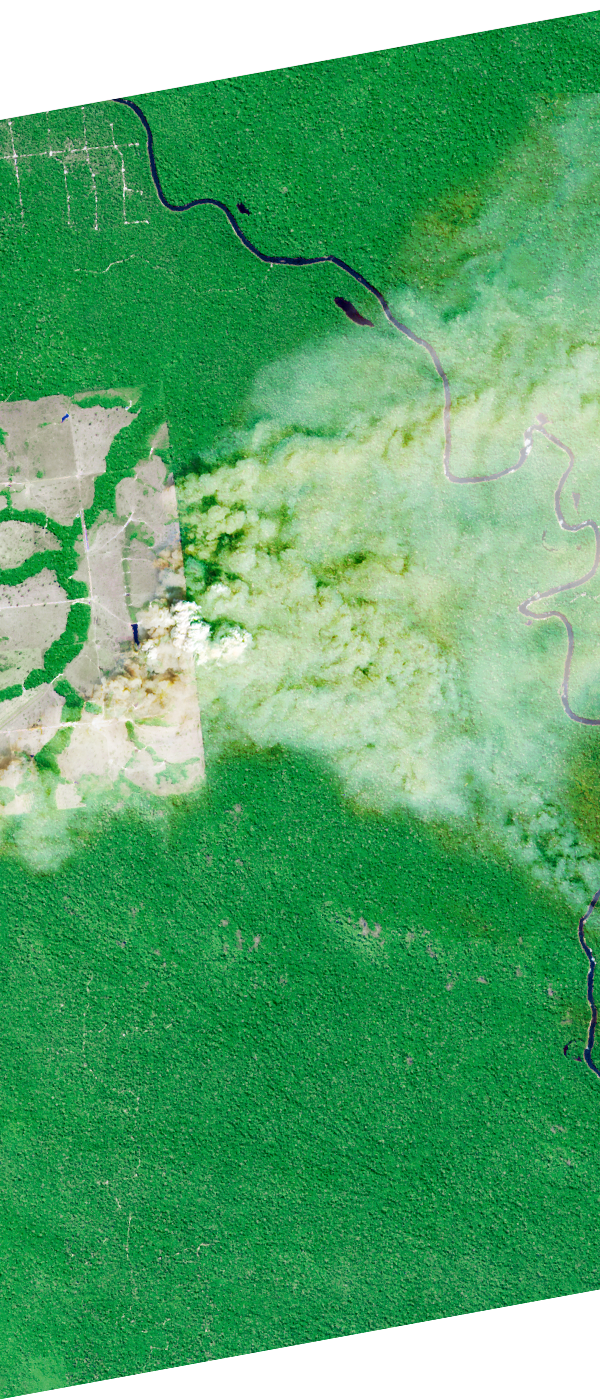


Background
Public, government and business concern about global deforestation and biodiversity loss is sparking a growing wave of initiatives from the private sector. But are companies in Australia doing enough to protect forests?
The Wilderness Society has conducted a benchmark to understand how companies associated with deforestation1 risk commodities in Australia are addressing the issue. The focus is on the supply chains for commodities linked to deforestation in the country: timber, pulp and paper, beef and leather as well as bauxite. We assessed influential companies within these commodities on their publicly available policies and plans to address deforestation.
See the Deforestation Benchmark Overview for more information on the purpose of the assessment, the impact the production of these commodities is having on forests in Australia, as well as the benchmarking methodology.
1. Including the deforestation, degradation or conversion of primary forests, remnant forest, HCV and HCS areas as well as the conversion of natural ecosystems.
This document expresses the opinions of Wilderness Society Limited. It is based on each company’s publicly available policies and other relevant documents that were known and available to the authors as of 31 August 2023. This document does not give financial or legal advice.

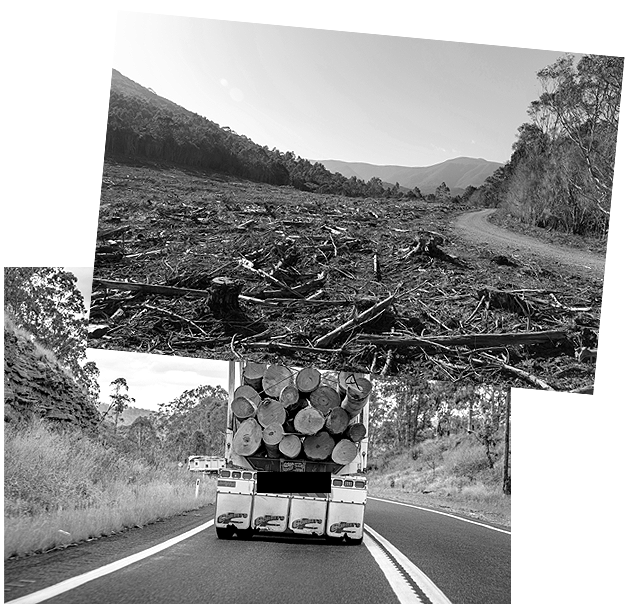
The benchmark found that only a very small proportion of the companies assessed currently have sufficient policies and procedures in place to rule out deforestation from their supply chains.
Corporate policies and commitments vary greatly among the roughly three dozen companies assessed in the benchmark. While some of these companies make no mention of the issue of deforestation, others have detailed public plans to ensure none of their activities result in deforestation.
For the next few months, Wilderness Society will regularly release rankings for a range of companies across the commodities of beef and leather, pulp and paper, timber and bauxite in Australia - from those that have some public policies and implementation, to those that, despite their exposure, fail to even acknowledge the problem of deforestation and their responsibility.
This bulletin is the first release. It reveals the companies that have scored highest in the benchmark: they are currently considered to be the most credible on their deforestation-free policy commitments. Not only have they made some public commitments, they’ve also taken some action to implement them through public plans and implementation tools. However, this doesn’t mean they have all ruled out deforestation from their supply chains: they must enact strong and transparent implementation of their commitments to ensure real impact for forests and wildlife.


Introducing "those who attempt"
Timberlink is an Australian manufacturer of timber products. It is owned by investment funds managed by New Forests. Timberlink has been assessed on its timber production supply chain.
Visy is an Australian packaging and recycling company. Its pulp and paper supply chain has been assessed for this benchmark.
Nestlé is a multinational food and drink manufacturing conglomerate. Its beef and pulp and paper (for packaging) Australian supply chains have been looked at for this assessment.
McDonald’s is a fast food chain with over 1,000 restaurants across Australia. McDonald’s has been assessed for beef and pulp and paper (packaging) supply chains from Australia.
Mars is a multinational food and pet food manufacturer. Brands include Pedigree and Snickers. Mars’s beef and pulp and paper (for packaging) Australian supply chains have been assessed for this benchmark.
New Forests is an Australian investment manager of timber plantations and conservation areas, carbon and conservation finance projects, agriculture, timber processing and infrastructure. It has its own timber production company (New Forests Timber Products). It has been assessed for its timber supply chain in Australia.
Aldi is a chain of discount grocery stores which operates over 570 stores in Australia. It has been assessed for its beef and pulp and paper supply chains for this assessment.
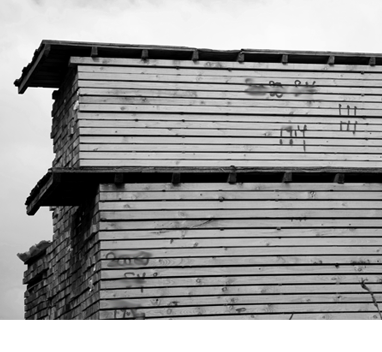
Ranking
The benchmark separates the general policy and commitments from the commodity-specific plans and information on their implementation (read the full methodology in the overview). All companies have a combined score across their general and commodity-specific commitments.
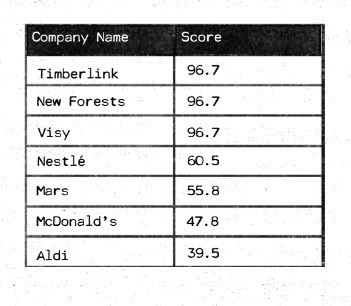
See Annex 1 - cohort scoring comparison
Scoring data is available upon request at [email protected]
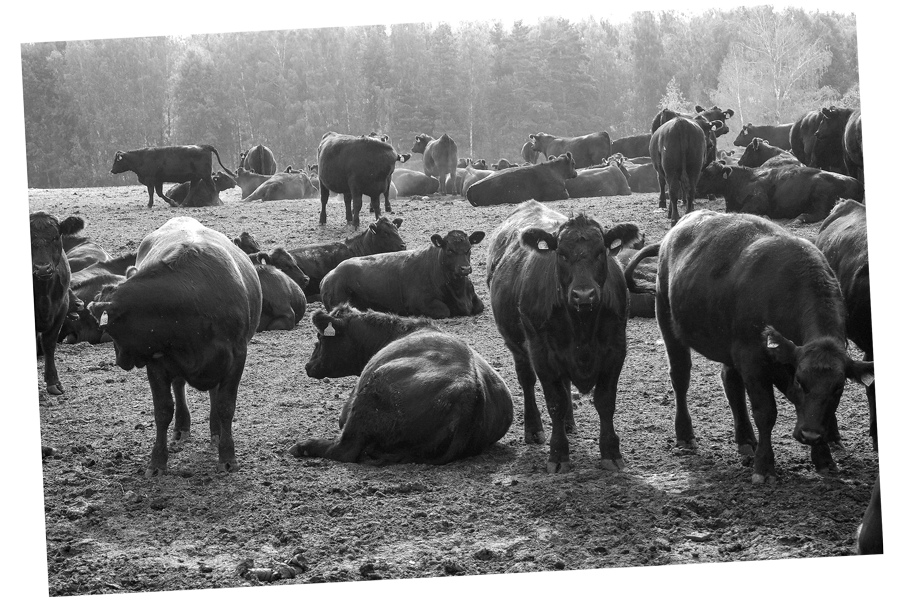
Insights and how to improve
General comments on this cohort of companies
The companies included in this cohort stand out from the rest of the companies assessed because of their stronger public deforestation-free commitments. Not only do these companies have solid deforestation-free commitments, but they generally use acceptable definitions that are relevant to the Australian context. Some of them strive to protect forests as well as other natural ecosystems. On the whole, these companies choose commitments that apply to their entire supply chains, including subsidiaries and all direct and indirect suppliers. They aim to achieve their commitments between 2025 and 2030 depending on supply chains and companies.
Some of these companies express public support for legislative action against deforestation, and are active parts of initiatives like the Consumer Goods Forum’s Forest Positive Coalition.
More importantly, their scores reveal that on the basis of publicly available information, these companies have started to make action plans, and take steps to ensure they do not source commodities from deforestation. They use a variety of methods like supplier engagement and clear requirements, satellite verification and credible third-party certification. Some of these companies also publish regular, transparent information about their supply chains as well as report on their progress on protecting forests, which is key for accountability.
However, even with these tools, the majority of this group cannot currently demonstrate that they are not involved in deforestation in Australia. While they do have both commitments and tools to remove deforestation from their supply chains, significant areas of improvement remain to ensure none of their activities result in deforestation in Australia. In order to ensure truly deforestation-free supply chains in Australia, these companies must:
- Double down on their traceability efforts and set up systems that allow them to trace commodities down to the point of origin in Australia. Full traceability is essential in order to eliminate deforestation from supply chains.
- Stop relying on tools that do not sufficiently reflect and address deforestation risk in Australia. By incorrectly considering Australia to be a low risk region for deforestation, some companies mistakenly conclude there is no need for further scrutiny of supply chains. Some of these companies rely on the mapping of priority regions for deforestation, and automatically consider any region classified by their systems as low risk as deforestation-free, which means that the company does not conduct any additional due diligence or supply chain monitoring in that region. This is very problematic for Australia.
Due to the prevalence of deforestation in the country, the lack of quality data on the extent of the crisis and poor legislative systems to protect forests, it is essential that Australia is considered a high risk region for deforestation for beef and leather, pulp and paper, bauxite and timber by these companies, and that further due diligence is applied by companies to mitigate the risk of deforestation. Just because a practice may be legal under Australia's weak environmental laws doesn't guarantee it is sustainable or up to international standards. Similarly, companies in the timber and pulp and paper supply chains cannot rely on just any certification scheme to assume that they are deforestation free.
For example, the PEFC Responsible Wood certification scheme in Australia has not proved to prevent deforestation in Australia. Wilderness Society recommends companies only rely on FSC 100%, or FSC Forest Management certification or fully recycled sources to avoid deforestation risks in pulp and paper and timber supply chains. In the beef and leather supply chains, companies must enforce deforestation-free supply chains by using GIS land-use change monitoring, coupled with full traceability to the source. Supply chains must be adequately verified for deforestation risk in order to guarantee the absence of deforestation within supply chains.
Improve transparency on deforestation risk supply chains and progress towards commitments. Key transparency measures include disclosing the volume of the commodity sourced in Australia, including volumes that are still exposed to deforestation risk, but also disclosing a list of direct suppliers, and details of non-compliance events and remediation plans. Companies should also publish third-party audit and verification reports, as well as annual progress reports towards their commitments.
Analysis of individual scores
Timberlink, New Forests and Visy have obtained the highest ranking across all the companies assessed (96.7 / 100). This is due to these companies currently excluding Australian natural forests from all their supply chains. For example, Timberlink states it sources “all of its timber from pine plantations”. To reach the full 100 points, these companies should commit to eliminating the conversion or degradation of all natural ecosystems from their supply chains. While some of these companies have commitments on a limited subset of natural ecosystems (such as woodlands), they should extend that commitment to all natural ecosystems in Australia.
Nestlé has obtained a score of 60.5 / 100. The company has made significant efforts to remove deforestation from its supply chains. They have a global deforestation-free commitment that includes beef as well as pulp and paper, and also aims at protecting natural ecosystems beyond forests. They are part of key initiatives such as the Consumer Goods Forum’s Forest Positive Coalition and signed the New York Declaration on Forests. Not only do they have general commitments to address deforestation, but they also publish information on how they will implement them for each supply chain. They are using a range of tools to eliminate deforestation in their supply chains, including relying on certification schemes as well as verifying supplier compliance. They also gained transparency points for publishing information on their suppliers and the volume of products they source from Australia. However, Nestle would benefit from looking more closely at Australia as a deforestation risk region. It appears unclear whether their risk-based approach highlights Australia as a high-risk region for either beef or pulp and paper, and whether that warrants additional verification of these supply chains.
Mars scored 55.8 / 100. The company has a strong public commitment on deforestation, including on the conversion of natural ecosystems, and engages with the Consumer Goods Forum’s Forest Positive Coalition. Mars uses a range of tools to tackle deforestation, including supplier compliance verification, risk-based mapping and traceability efforts. Mars also recognises Australia as a region at risk for deforestation in its beef supply chain, which is an important step. However, Mars should now focus on continuing to build its traceability systems for Australian sourced beef and pulp and paper. It should also recognise Australia as a high deforestation risk origin for pulp and paper as well as beef, and rely on more credible certification schemes for pulp and paper. While its implementation plans and tools require more focus on Australia, the company publishes some key information on its suppliers, its volumes as well as its progress towards deforestation-free supply chains.McDonald’s has scored 47.8 / 100. The company has a public commitment to eliminate deforestation from its global supply chains, which it aims to apply to all subsidiaries and suppliers. It also outlines its specific efforts on pulp and paper and beef supply chains, including requiring suppliers to ensure they meet McDonald’s deforestation-free expectations. The company also lists Australia as a risk region for deforestation for its beef supply chain. However, based on publicly available information, implementation falls short of commitments in Australia: the company must fully trace its supply chain for both beef and pulp and paper in Australia. They must also avoid relying on certification schemes that are not considered credible in the Australian context to avoid deforestation. Additionally, the company says it adapts its Deforestation-Free Beef Procurement Policy to the local context, including through alignment with local NGOs, but no further detail is available on the strength of requirements applied in the Australian context. Therefore McDonald’s should make their commitments, supply chains and progress more transparent.
Aldi scored 39.5 / 100. With a strong deforestation-free commitment that states they are “committed to eliminate deforestation and conversion of natural ecosystems from high priority supply chains”, Aldi uses the Accountability Framework Initiative guidelines. However, Aldi should now do more to ensure full traceability of its beef and pulp and paper supply chains in Australia, as well as provide additional information on how it monitors its supply chains for deforestation, and what actions are taken in case of non-compliance. Transparency is also an area of improvement, for example on non-compliance events, supply chain volumes and direct suppliers.Download Bulletin #1